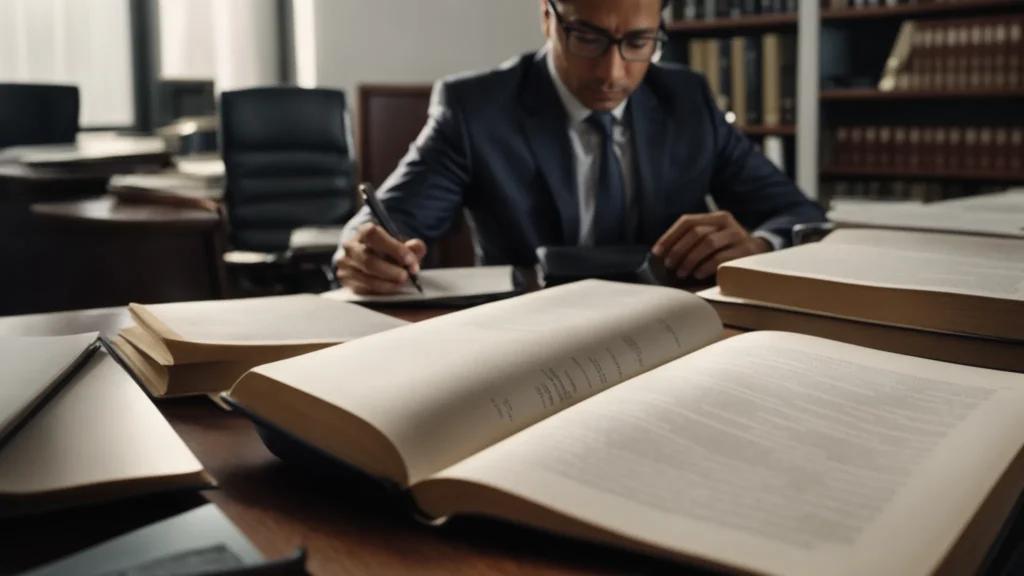
Navigating the Complexities of Personal Injury Law: The Role of a Skilled Attorney
Personal injury law is an avenue for victims to seek compensation for harm caused by another’s negligence or intentional actions. Understanding this legal field can be a daunting task, as it encompasses various types of claims, from auto accidents to medical malpractice. A knowledgeable attorney becomes an essential guide through this maze, ensuring that the client’s rights are protected and that fair compensation is pursued. In this article, we delve into the different aspects of personal injury law and the crucial role played by dedicated legal professionals. Keep reading to discover the importance of having an experienced lawyer by your side.
Navigating Insurance Negotiations with Legal Expertise

Dealing with insurance companies after a personal injury can be challenging, especially when adjusters use tactics to downplay claims or push quick, low-value settlements. Attorneys step in to protect the injured party’s rights, using their legal knowledge to navigate complex policy terms and present strong, evidence-based arguments.
Having legal representation, like that offered by Leading Justice, ensures fair communication and helps prevent victims from accepting unfair offers. By managing negotiations and paperwork, attorneys provide peace of mind and work toward securing not just any settlement but the right one.
Understanding the Intricacies of Personal Injury Law
Personal injury law offers legal remedies for individuals harmed due to another party’s negligence, covering incidents such as slip-and-falls, workplace injuries, and defective products. The injured party must prove that the other party failed to exercise reasonable care. Each type of case follows different legal standards; medical malpractice, for example, involves procedures distinct from car accident claims.
Statutes of limitations add complexity by imposing strict deadlines for filing lawsuits, and missing them may forfeit the right to legal action. In some jurisdictions, comparative fault rules can limit or eliminate compensation if the injured party shares blame. Understanding these variables is essential for building a strong, effective personal injury claim.
The Essential Role of a Personal Injury Attorney in Your Case
Personal injury attorneys play a critical role in guiding clients through complex legal challenges. They go beyond offering legal advice by acting as advocates who protect their clients’ rights and interests. Their work includes collecting evidence, securing expert testimony, and negotiating with insurance companies to seek fair compensation. Early involvement by an attorney helps preserve crucial details and clarify who is liable for the injury.
These lawyers often negotiate better settlements without going to trial, reducing the emotional burden on clients. They also recognize the personal struggles injury victims face and provide support that allows individuals to focus on healing while the legal aspects are professionally managed.
Calculating Damages in Personal Injury Claims: How Attorneys Help

Determining the value of a personal injury claim requires legal expertise to assess both immediate and long-term damages. Attorneys evaluate medical costs, ongoing therapy, and lost earning capacity to reflect the full extent of financial losses. Non-economic damages such as pain and suffering, emotional distress, and diminished quality of life are also considered.
These intangible losses are difficult to quantify, often requiring expert input and specialized formulas. In cases involving especially harmful behavior, attorneys may pursue punitive damages to penalize the defendant and deter similar actions. Their ability to calculate and justify each component of the claim is critical in securing fair compensation through negotiations or a trial.
Courtroom Representation: When to Take a Personal Injury Claim to Trial
When settlement negotiations fail in a personal injury case, going to trial becomes necessary. A skilled attorney becomes essential, using legal expertise and persuasive advocacy to present the case before a judge and jury. Trials allow attorneys to highlight the full impact of the injury on a victim’s life, weaving facts into a human story to gain jury empathy.
Preparation involves collecting evidence, examining witnesses, and crafting powerful statements. Attorneys anticipate opposing arguments and adjust strategies to strengthen the case. Their courtroom presence reassures clients and ensures their experience is communicated clearly and effectively, allowing the legal system to grasp the emotional and practical weight of the injury.
Overall, the complexities of personal injury law require a knowledgeable and experienced attorney who can guide victims through the challenging landscape. A skilled attorney not only provides legal expertise but also a staunch representation that goes above and beyond in securing the rightful compensation for their clients. The interplay of legal understanding, negotiation skills, and courtroom tactics forms the bedrock of successful personal injury claims and the vindication of the rights of those wronged.








